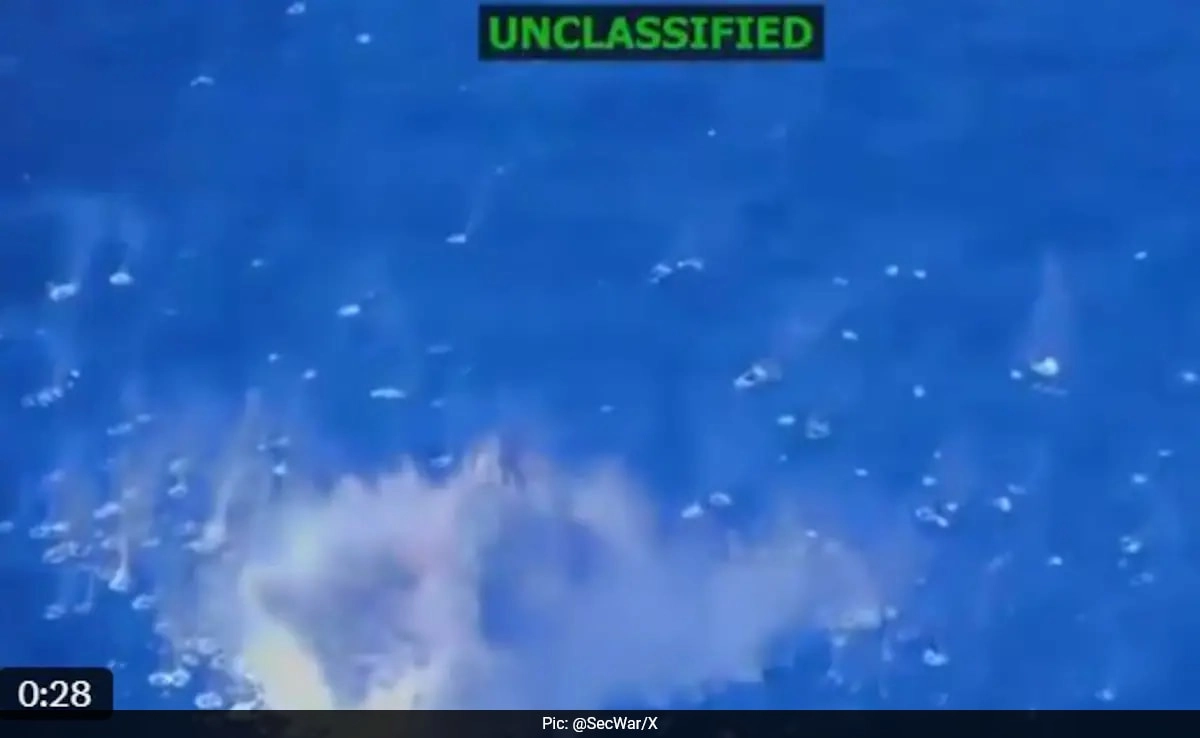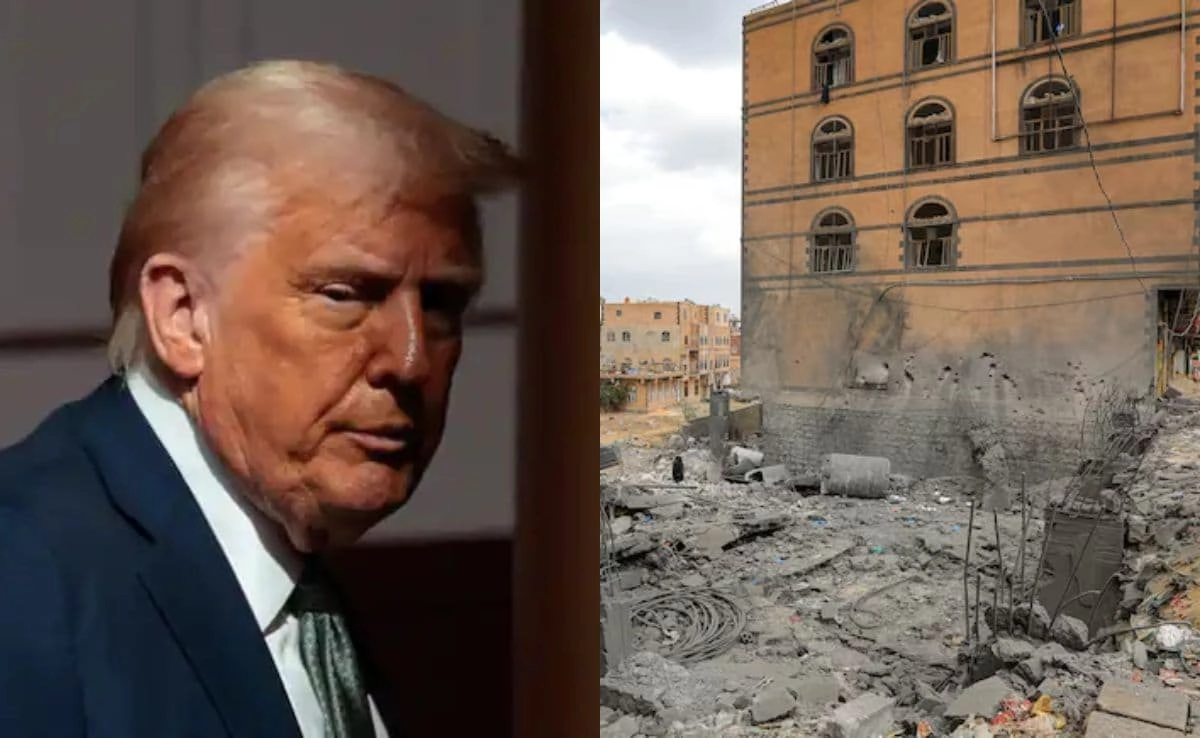In a recent military operation, the United States has taken decisive action against an alleged drug trafficking vessel near the coast of Venezuela, resulting in the deaths of four individuals onboard. This incident highlights the ongoing struggle against drug-related crime in the region, particularly as U.S. authorities intensify their efforts to combat narcotics smuggling, which has been a persistent issue in Latin America. The operation underscores the complexities of international drug trafficking networks, which often operate in the shadows and can involve multiple countries and various criminal organizations.
The U.S. government has been closely monitoring these activities, particularly in light of the increasing amounts of illicit drugs entering its borders. By targeting trafficking routes and disrupting operations at sea, American forces aim to dismantle these networks and reduce the flow of drugs that contribute to addiction and violence domestically. The use of military force in such operations raises questions about the extent of U.S. involvement in foreign affairs, especially in regions like Venezuela, where political tensions are already high. The situation is further complicated by the Venezuelan government’s stance on drug trafficking and its relationships with other countries, which may view U.S. interventions as violations of sovereignty.
As the campaign against drug trafficking continues, the implications of these military actions extend beyond immediate law enforcement goals. They can affect diplomatic relations, regional security, and the stability of nations involved. In Venezuela, the government’s response to U.S. operations can influence public sentiment and complicate the already fraught political landscape. Critics of U.S. intervention argue that military actions may exacerbate tensions and lead to unintended consequences, such as increased violence or the strengthening of anti-U.S. sentiment among local populations.
The operation near Venezuela serves as a stark reminder of the challenges posed by drug trafficking and the lengths to which governments may go to address this pervasive issue. While the U.S. seeks to protect its borders and combat the drug crisis, the execution of such operations must be weighed against potential fallout in international relations and the risk of escalating conflicts in regions already facing significant turmoil. As the situation unfolds, it will be crucial to monitor not only the effectiveness of these military actions but also their broader implications for the politics and security of Latin America.




